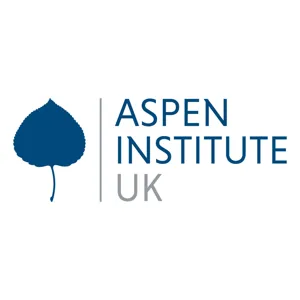Designing for Diversity: Session 4 – The Media

Despite more content being shared through media outlets than ever before, the issue of whose stories are being told or highlighted in the news remains persistent. There is an ongoing shift towards increased diversity both in the newsroom and in the way we tell news stories, in an attempt to better reflect the society the industry reports. Is there still a way for our media platforms to be used as tools to expose its users to a variety of cultural influences and experiences? What is the best way to tell stories of people from different backgrounds for the audiences at home?
This event brings together industry leaders, academics, and creatives to discuss how our media landscape can best share a more diverse range of stories, art forms, and creative endeavours, moving beyond a surface level ‘diversity’ to creating an environment that facilitates intercultural exchange.
The panel features Marcus Ryder MBE, Head of External Consultancies at the Sir Lenny Henry Centre for Media Diversity; Meera Selva, Chief Executive of Internews Europe; Andrea Medrado, Lecturer at the School of Media and Communication, University of Westminster; and moderator Luba Kassova, journalist, co-Founder of AKAS, and award-winning author of Missing Perspectives of Women in News report series.
This event was recorded as part of a live broadcast on 22 February 2023.